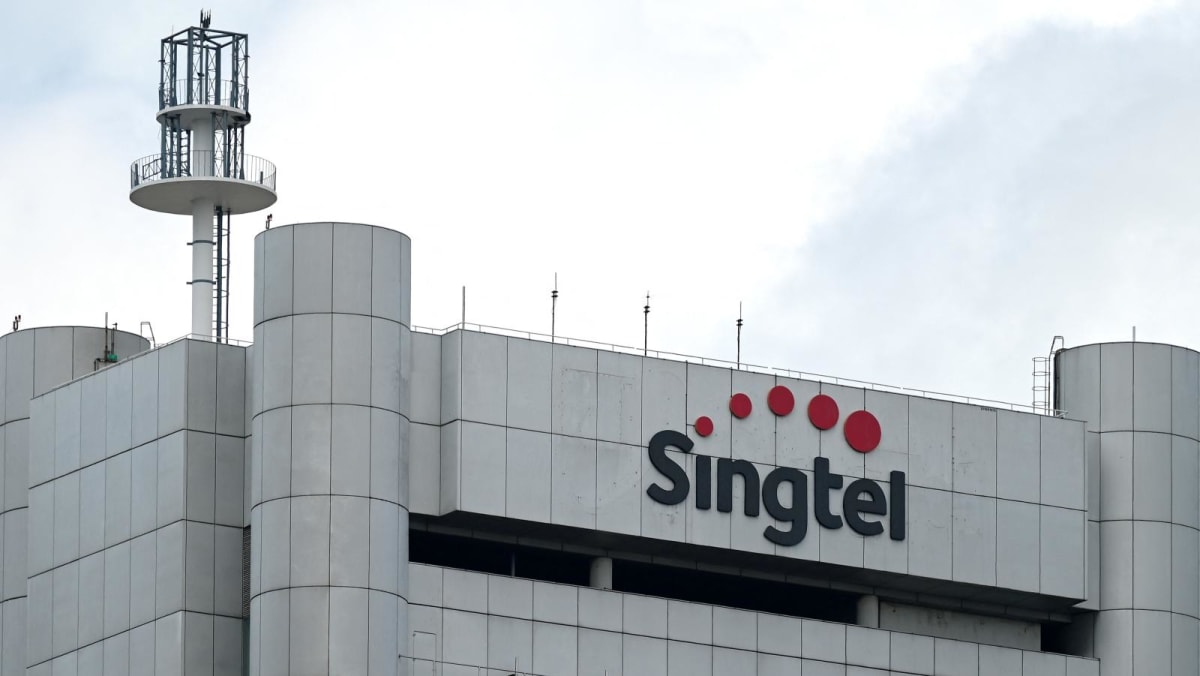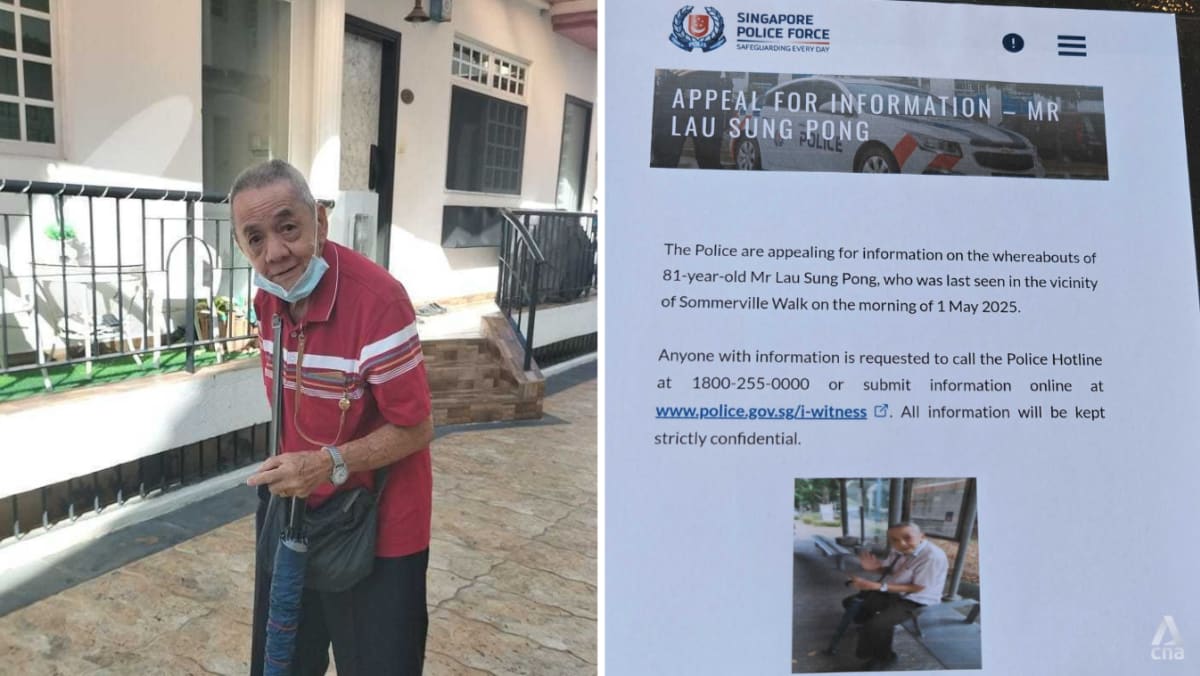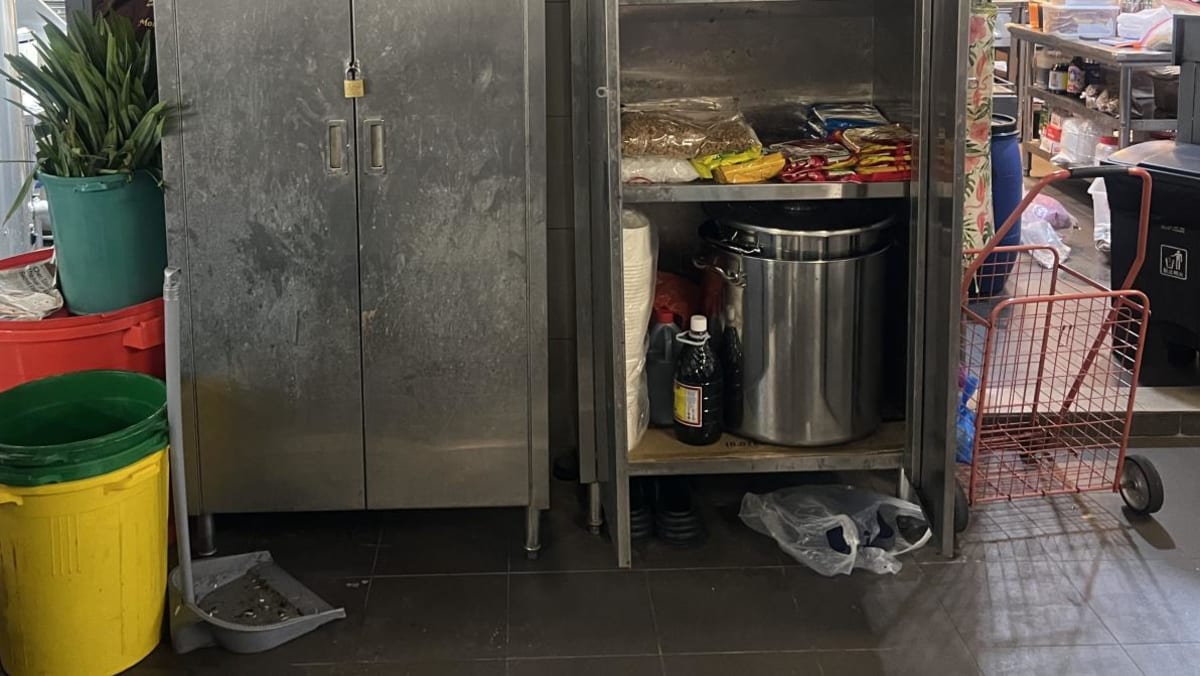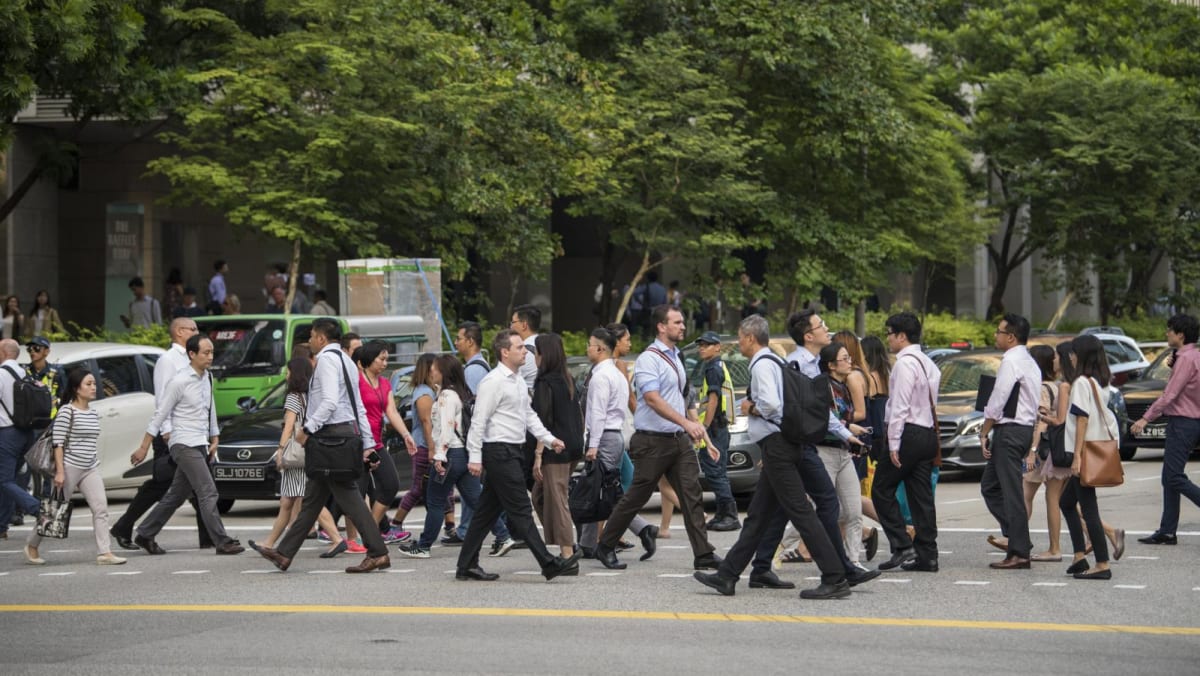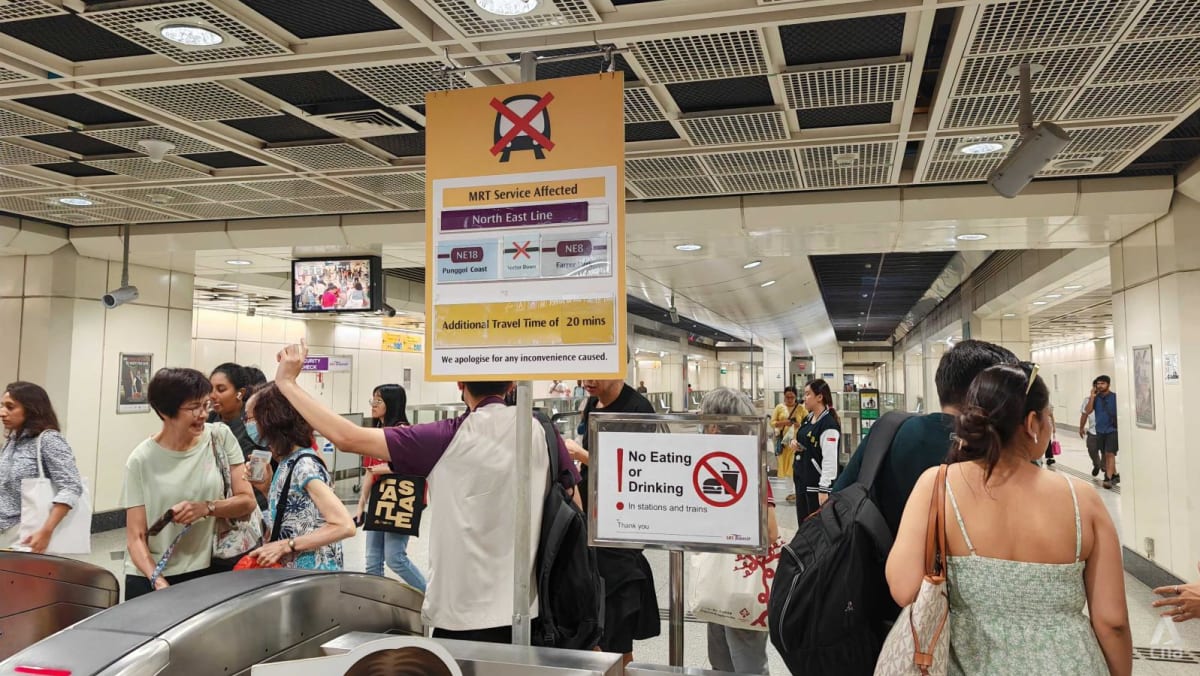BEFORE THE INCIDENT
The train in the incident was among 66 in SMRT’s first-generation KHI fleet which were rolled out in the late 1980s. They are progressively being replaced by new Movia trains.
Initially, 66 Movia trains were to be handed over to SMRT by March 2024, with the first batch in October 2021.
But due to the COVID-19 pandemic there was a delay of 1.5 years, and the first Movia train was only handed over in May 2023.
Upon receiving the first Movia trains, SMRT began decommissioning the KHI trains.
But SMRT was required to continue carrying out regular maintenance for the KHI trains still in service, including preventive works and overhaul – which refers to a complete tear-down and rebuild to restore it to an “as-good-as-new” condition.
But by the time of the incident on Sep 25, 18 KHI trains had been overhauled, but the incident train was not among them.
The stipulated overhaul interval was 500,000km, but SMRT twice extended the interval: First to 575,000km in August 2022, and then to 750,000km in August 2024.
At the time of the incident, the train had logged 690,000km since its last overhaul in 2018.
“These extensions were carried out based on SMRT’s internal procedures, and SMRT had relied on analysis of the performance of the KHI train fleet and their continued reliability in deciding on these extensions of the overhaul intervals for the incident train,” said LTA in its report.
The authority also noted that since axle box failures were not common, SMRT did not undertake a detailed engineering risk assessment on extending the axle box overhaul interval.
Speaking to the media on Tuesday, president of SMRT Trains Lam Sheau Kai, said the operator’s overhaul regime has served it well over the past 38 years.
“What may have caught us off-guard this time was the convergence of factors – delays in new train deliveries due to COVID-19, our efforts to balance and adjust overhaul schedules, and the lag in receiving critical spare parts.”
He added that for “rare, black swan events like COVID-19”, it is important that transport operator SMRT and asset owner LTA come together to “reassess collectively”.
“In hindsight, we could perhaps have exercised greater caution in how we managed the transition and decommissioning of the older trains,” he said.
Responding to queries from CNA, an LTA spokesperson said: “Learning from the incident, LTA will provide more time buffer in future procurement to mitigate against unforeseen supply chain disruptions.”
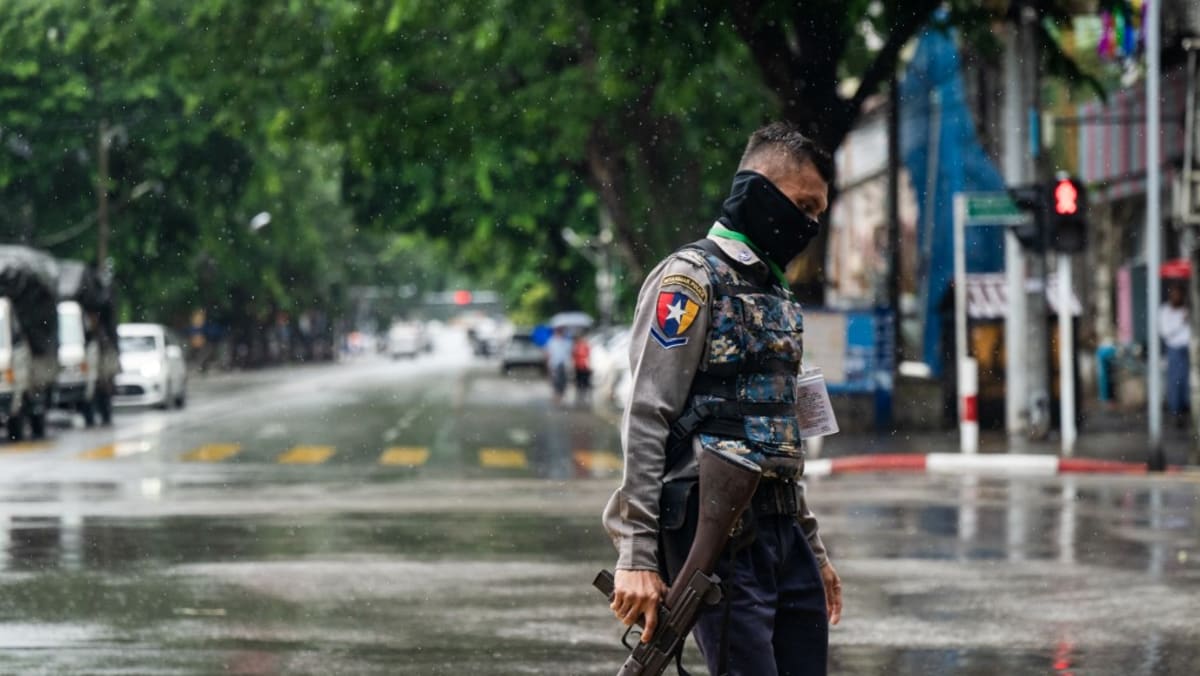
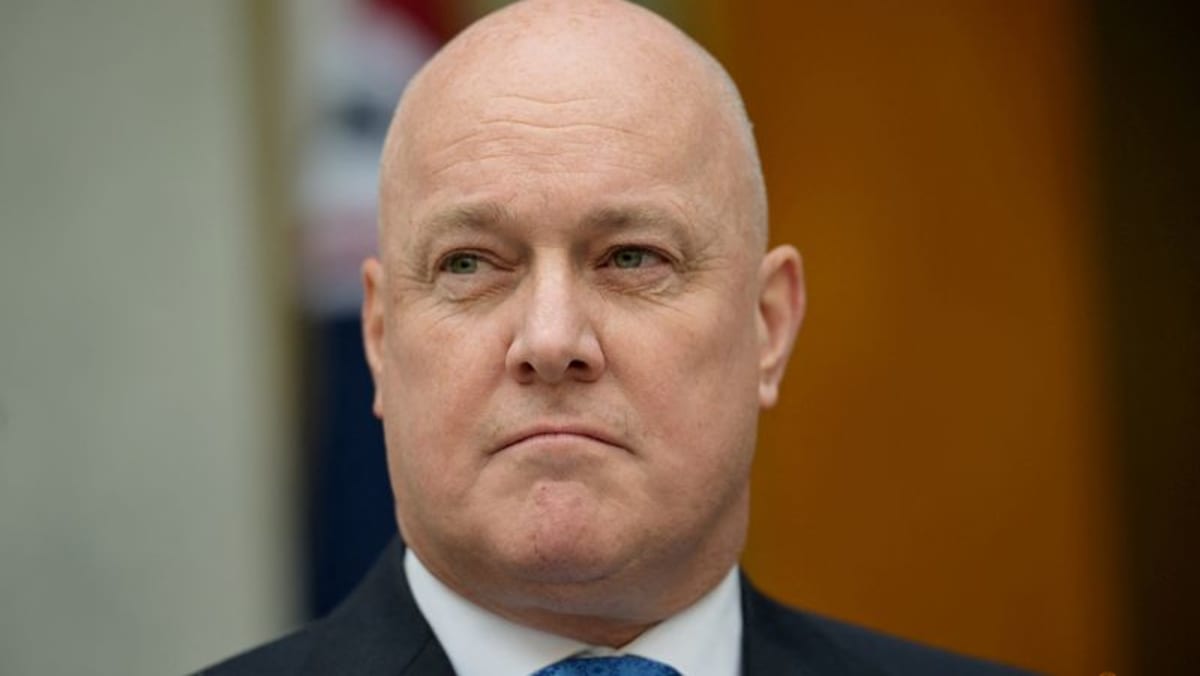
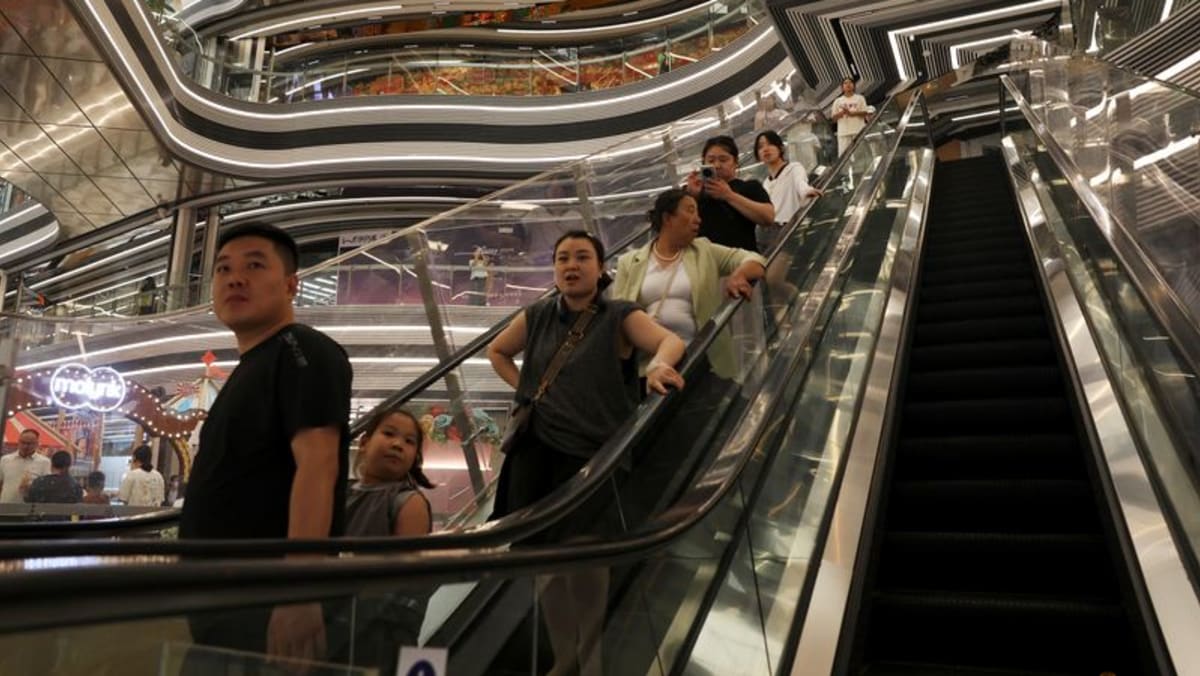


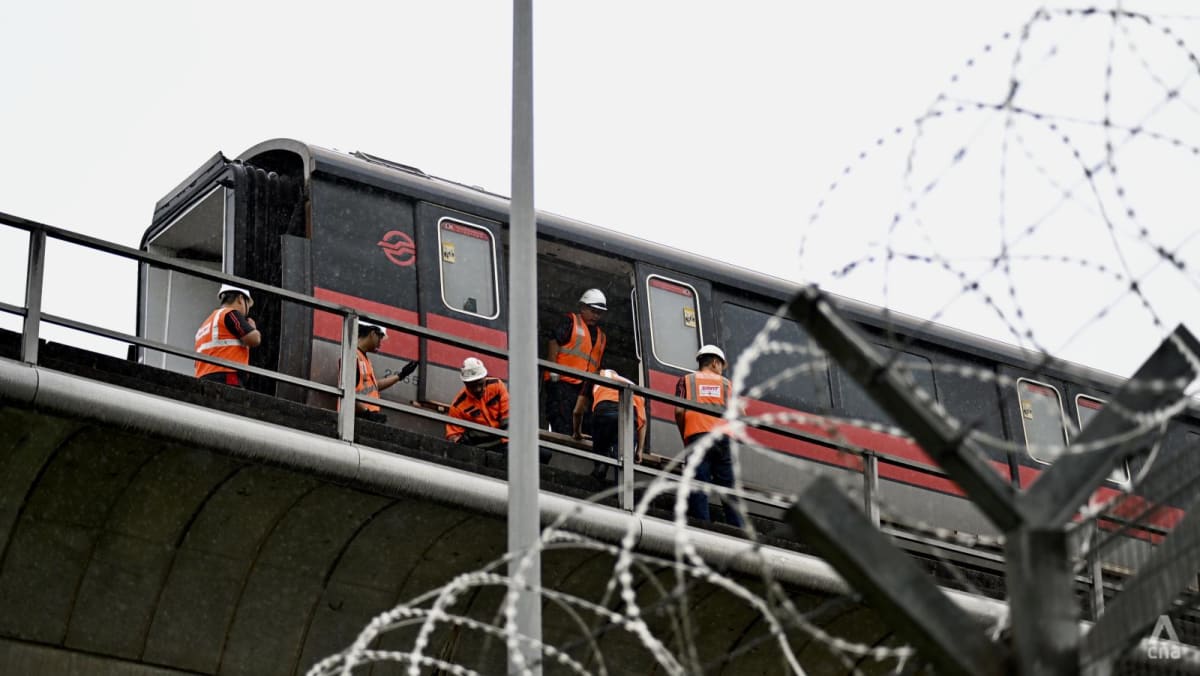
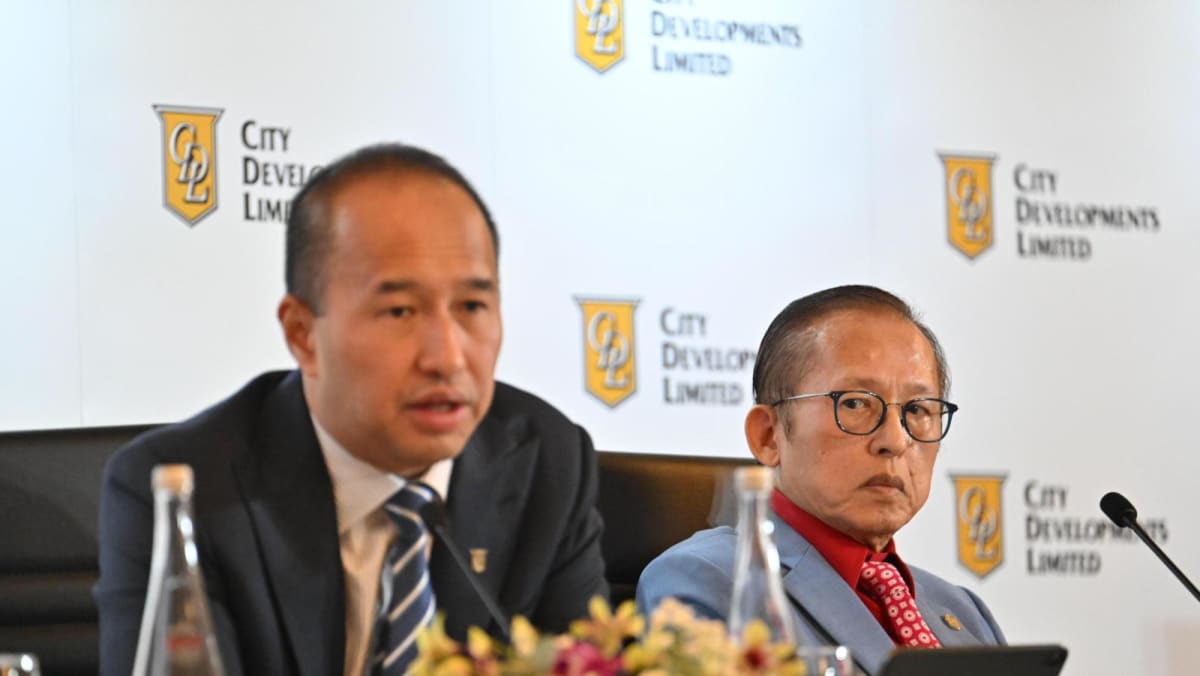
.jpg?itok=XGi0kX-H)

